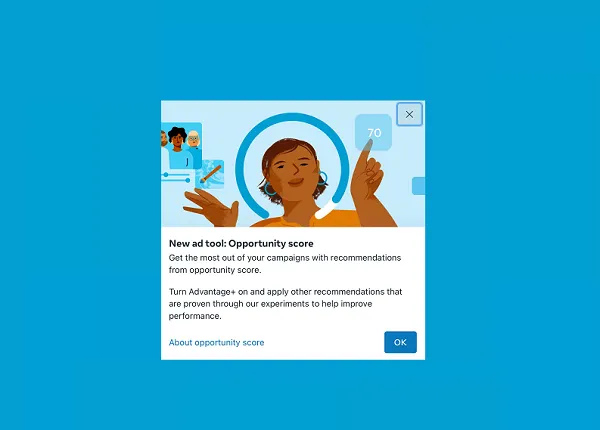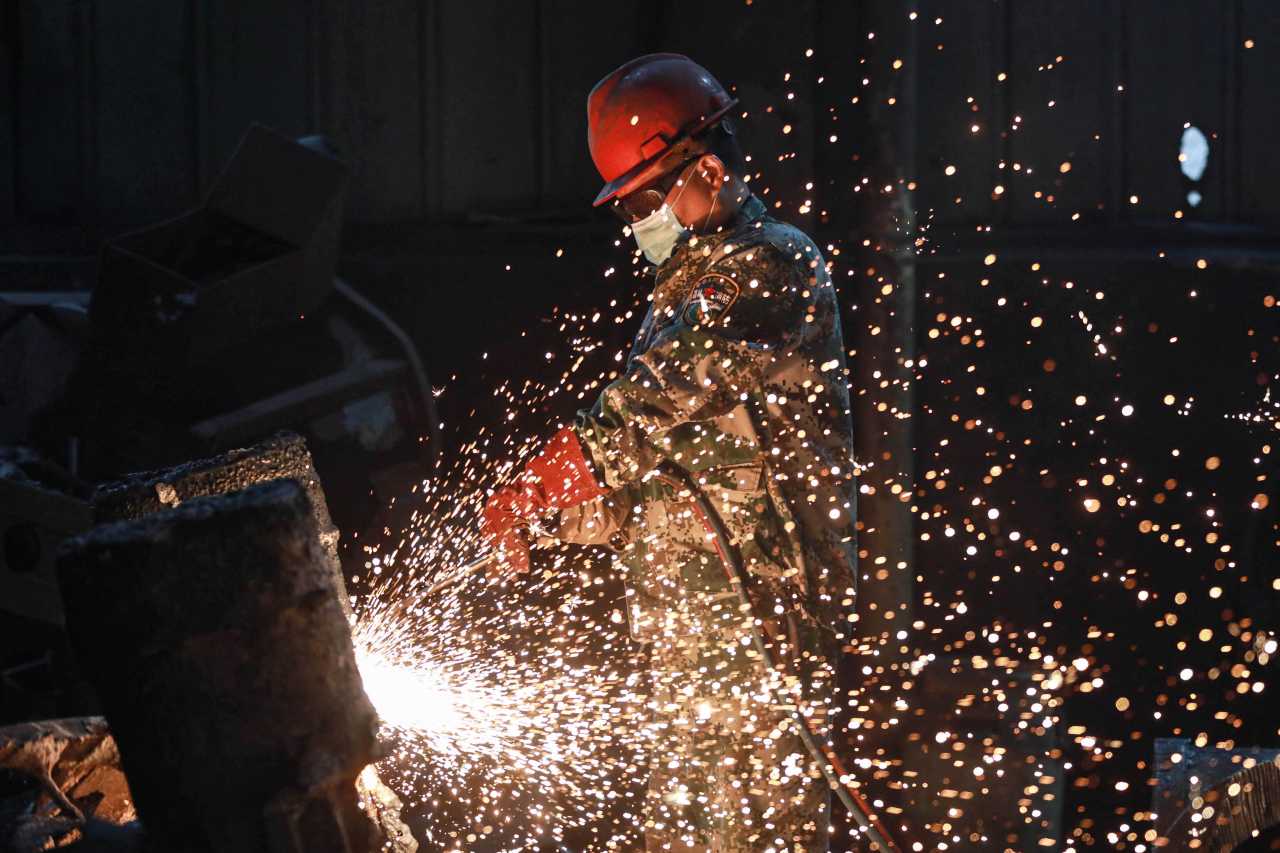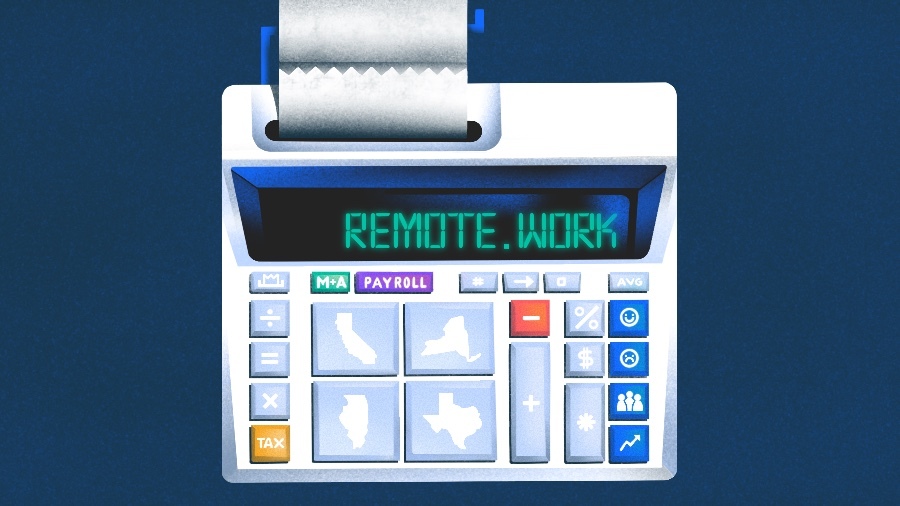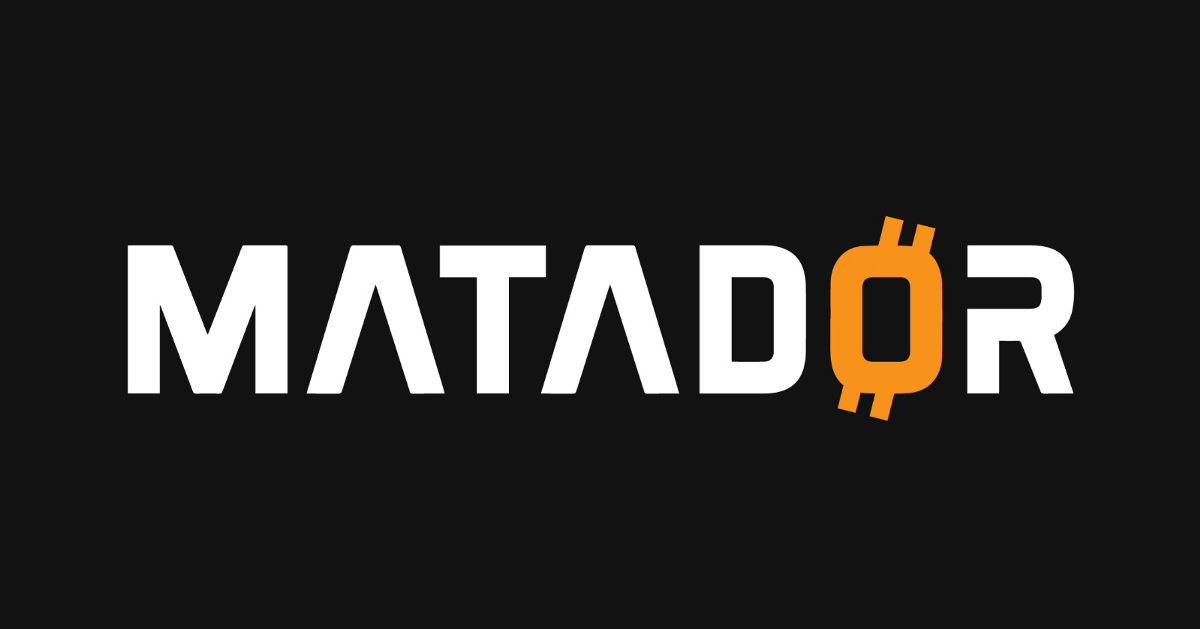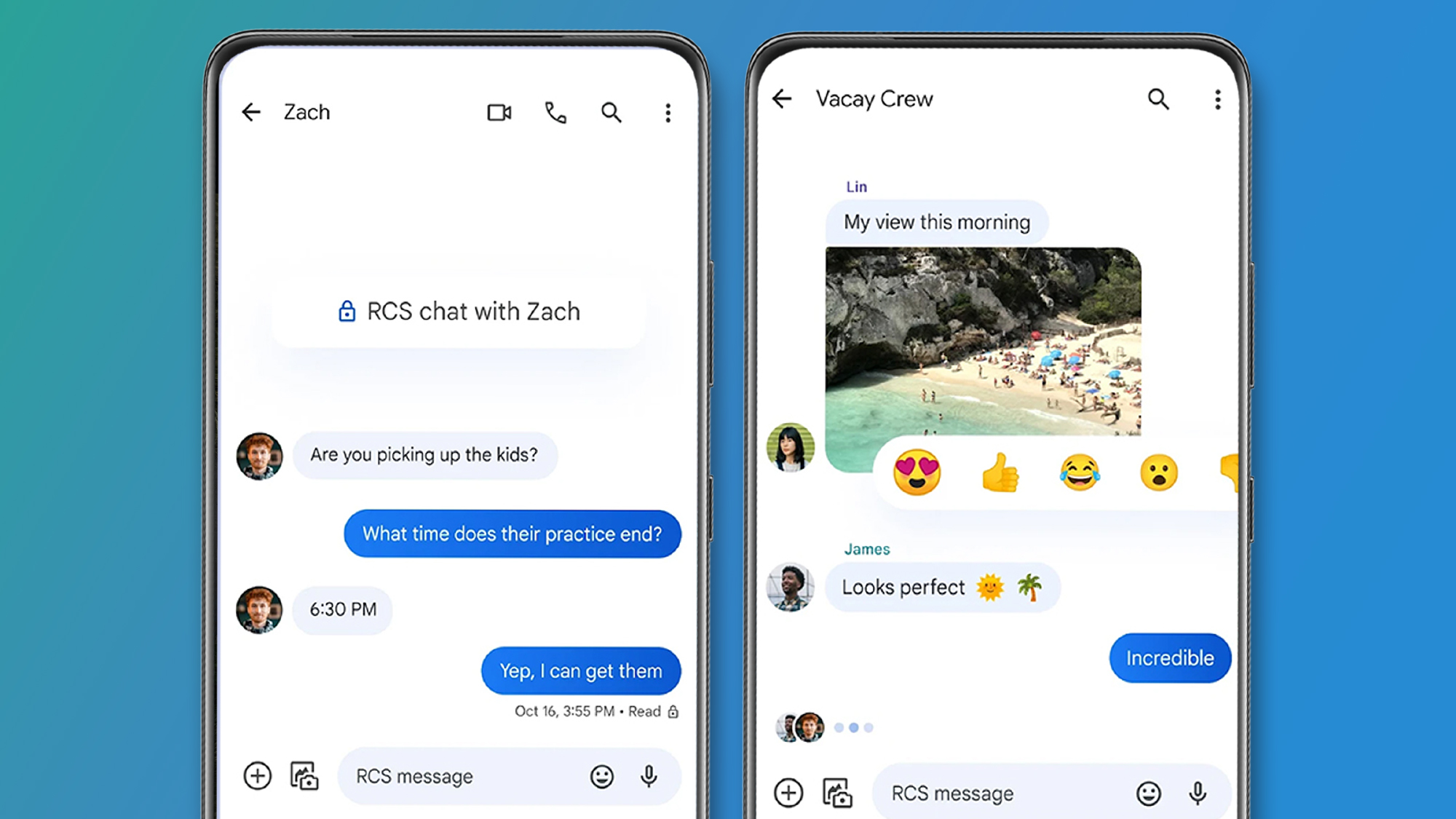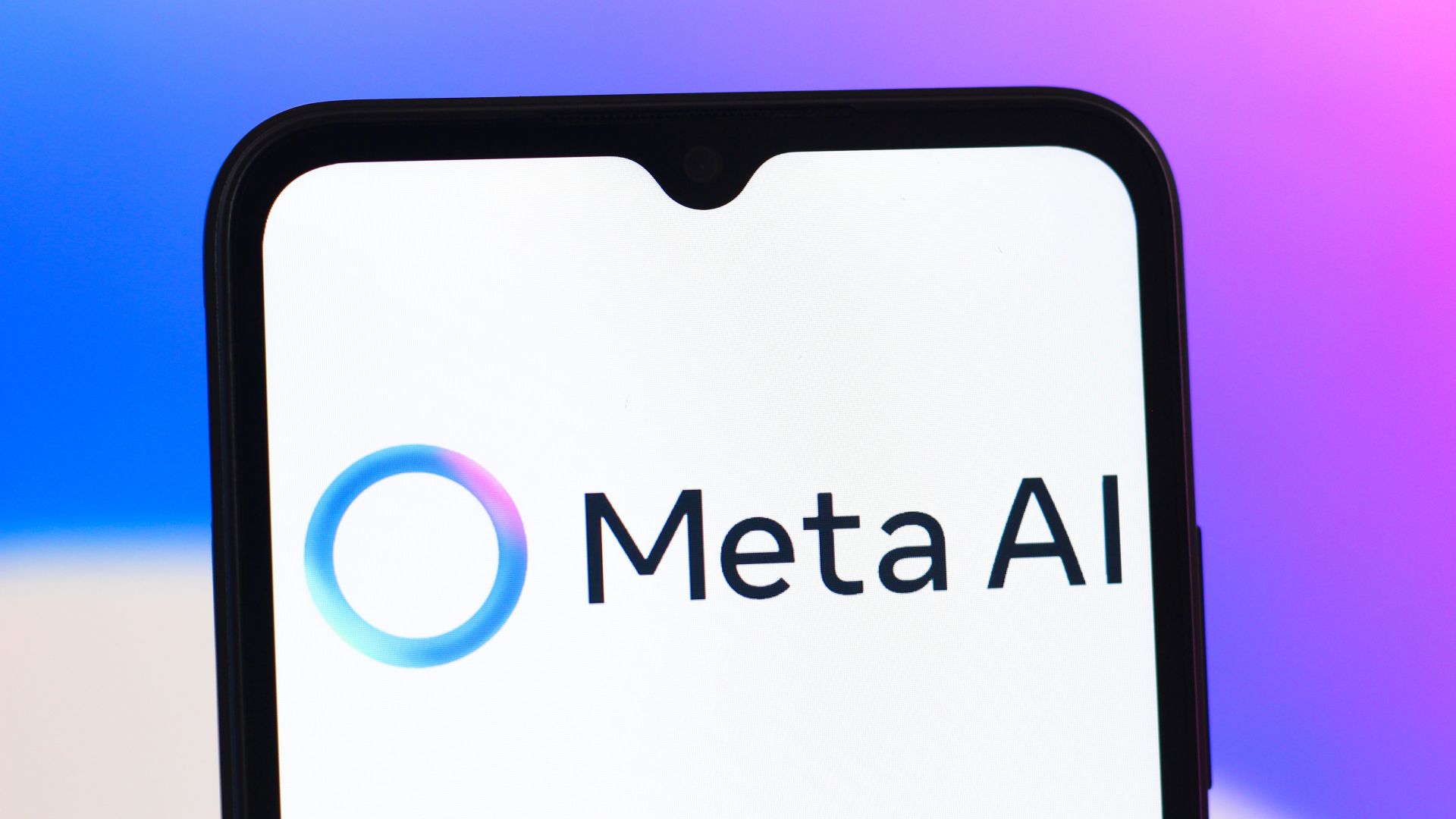HR departments are in the throes of an AI confidence crisis—here’s what’s holding teams back from better tech integration
Top human resources leaders are not confident that they’re getting the best results from their tech.

Good morning!
HR leaders have been given a big mandate over the past few years: Integrate AI into their own departments, and help implement it at their companies. But CHROs have some big doubts about their organization’s ability to actually use this technology effectively, as well as their own ability to understand it.
Around 59% of HR teams say they’re currently working on strategies to incorporate AI into their operations, according to a new study from Mercer, an HR consulting firm. But 56% of HR teams admit they’re not confident in their tech-optimization efforts, and only 4% say their tech stacks are optimized for the best results.
Of the 31% of HR teams who say they’re skipping AI altogether, the problem comes down to a lack of faith in either themselves or their business: they believe their companies aren’t ready when it comes to infrastructure or data, and 38% of this cohort say they’re not using AI because they simply don’t know enough about it.
“There’s a confidence crisis happening right now,” Jason Averbook, a senior partner and global HR transformation leader at Mercer, tells Fortune.
Last year, CHROs were much more optimistic about how AI would transform the way people work, says Averbook. But as they do the actual work of integrating the technology into their organizations, many are getting lackluster results. He says that’s not due to faulty technology—it’s really a data problem. Most HR teams aren’t able to train AI on the information it needs to get the kind of outcomes they want.
“It’ll look good for a second, but in the end you won’t get results. You can’t put AI on top of a shaky foundation,” he says.
Part of those uninspiring outcomes are also due to a habit of HR teams to deploy lots of “shiny new technology” at once, without making sure that their company first has the right data and processes in place, says Averbook.
“Often these teams have data scattered all over the place, and what happens is that instead of building a foundation, they put in a feature, set it live, and then move onto the next thing,” he says. “Then they don’t get the results they wanted, and no longer have confidence that the tech they deployed can actually work.”
In order to make sure HR teams are getting the ROI they hope for from their AI, they need to continually modify their systems and update their data sets, says Averbook. Only 37% of teams say they do regularly, a 6 percentage point decrease from last year. Teams should also ensure they track how the technology is doing over time and make adjustments as needed.
“I think we have the best technology we've ever had in the HR space,” he says. “But I think what we have is a massive problem when it comes to leadership and deploying that technology in a way that adds value.”
Brit Morse
brit.morse@fortune.com
This story was originally featured on Fortune.com







